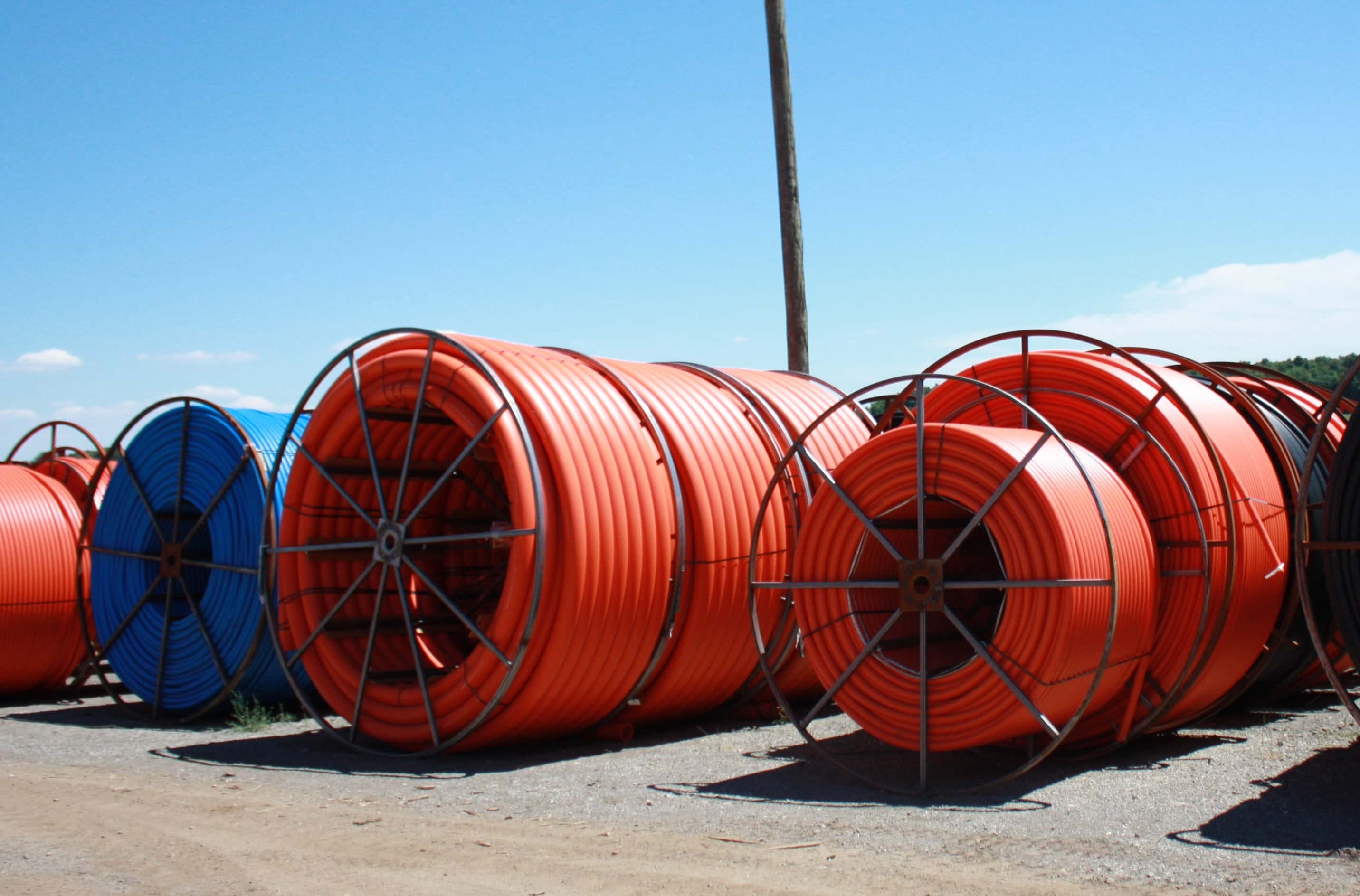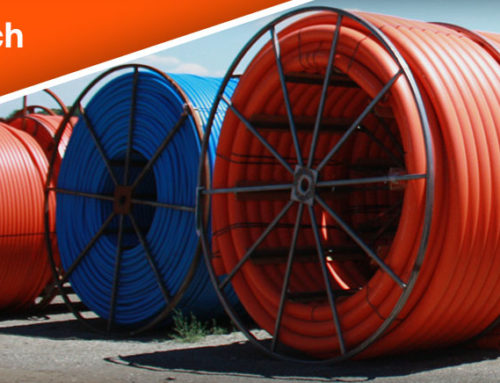When it comes to modern infrastructure, the materials we choose play a crucial role in ensuring durability, efficiency, and long-term performance. Among these materials, High-Density Polyethylene (HDPE) plastic pipe has emerged as a leading choice for a variety of applications. But what exactly is HDPE plastic pipe, and what makes it such a versatile and reliable option? In this article, we’ll explore the properties of HDPE plastic pipe and its wide range of uses in various industries.
Understanding HDPE Plastic Pipe
HDPE, or High-Density Polyethylene, is known for its high strength-to-density ratio, which makes it an excellent choice for a variety of applications where durability and resistance to stress are important. HDPE plastic pipe is manufactured through an extrusion process, which involves melting the plastic and forcing it through a die to create long, continuous pipes of various diameters.
Key Properties of HDPE Plastic Pipe
- Durability: HDPE pipes are renowned for their toughness and resistance to impact. They can withstand harsh environmental conditions, including extreme temperatures and high-pressure applications, making them suitable for a range of uses from water supply to industrial processes.
- Corrosion Resistance: Unlike metal pipes, HDPE pipes do not corrode or rust. This corrosion resistance helps the pipes last longer and cuts down on maintenance expenses.
- Chemical Resistance: HDPE pipes are highly resistant to many chemicals and solvents, making them ideal for transporting various substances safely.
- Flexibility and Strength: HDPE pipes are flexible yet strong, which allows them to be installed in challenging environments and to handle high-pressure situations without cracking or breaking.
- Low Friction Loss: The smooth inner surface of HDPE pipes reduces friction losses, which helps in maintaining efficient flow rates and lowering energy costs in water and gas distribution systems.
Common Uses of HDPE Plastic Pipe
- Water Supply Systems: HDPE pipes are widely used for potable water supply and distribution due to their durability and resistance to corrosion. They are also used in irrigation systems to deliver water to crops efficiently.
- Sewer and Drainage Systems: The strength and flexibility of HDPE pipes make them ideal for sewer and drainage systems. They can handle the stresses of soil movement and are resistant to the chemicals typically found in wastewater.
- Gas Distribution: HDPE pipes are used in the distribution of natural gas and other gases. Their resistance to impact and chemicals ensures safe and reliable transportation of gas over long distances.
- Industrial Applications: In various industrial sectors, HDPE pipes are used for transporting chemicals, slurry, and other materials. Their ability to withstand harsh conditions and resist chemical reactions makes them a preferred choice.
- Mining and Construction: HDPE pipes are employed in mining operations for slurry transport and in construction for various applications, including water and wastewater management systems.
- Telecommunications: HDPE pipes are essential for protecting and housing underground cables in telecommunications. Creek Plastics specializes in manufacturing these HDPE pipes, which offer flexibility and resistance to environmental stresses, ensuring that cables stay secure and operational.
Advantages of Choosing HDPE Plastic Pipe
Opting for HDPE plastic pipe offers several advantages, including:
- Cost-Effectiveness: The durability and low maintenance requirements of HDPE pipes translate into lower long-term costs.
- Ease of Installation: HDPE pipes are lightweight and flexible, making them easier to transport and install compared to traditional materials.
- Sustainability: HDPE is recyclable, and using HDPE pipes can contribute to more sustainable infrastructure practices.
Conclusion
HDPE plastic pipe stands out as a superior choice for a variety of applications due to its durability, flexibility, and resistance to chemicals and corrosion. Whether used in water supply systems, sewer and drainage networks, or industrial processes, HDPE pipes offer a reliable solution that meets the demands of modern infrastructure. For businesses and projects looking to invest in high-quality, long-lasting piping solutions, HDPE plastic pipe is an excellent choice.





